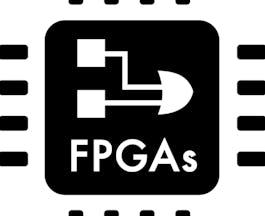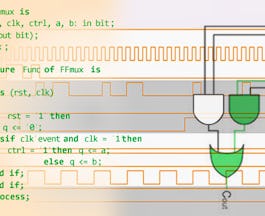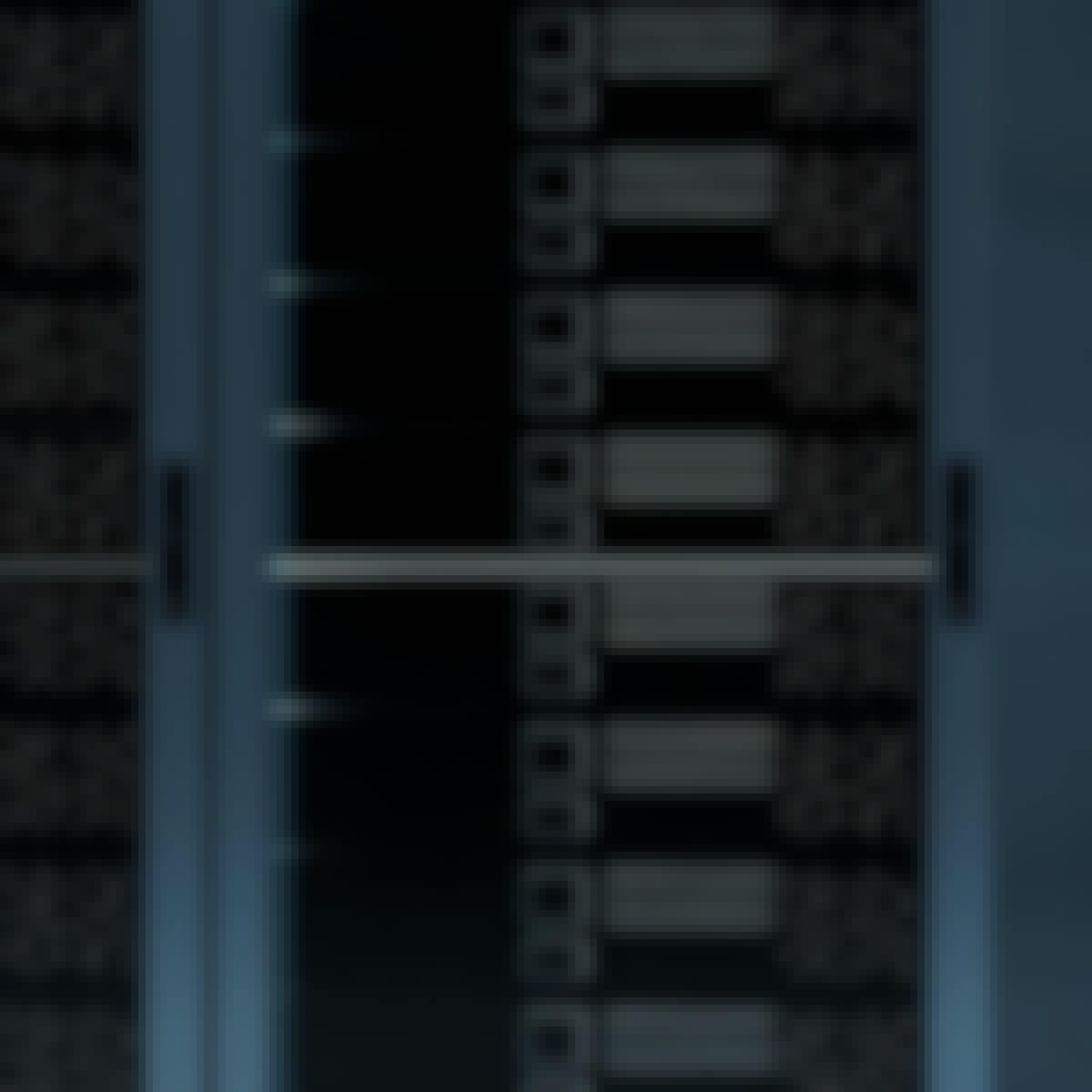Filter by
The language used throughout the course, in both instruction and assessments.
3,142 results for "softcore processor design"

University of Colorado Boulder
Skills you'll gain: Hardware Design, Computational Logic, Computer Architecture, Leadership and Management, Design and Product, Microarchitecture, Systems Design, Computer Programming Tools, Critical Thinking, Computer Programming, Programming Principles, System Programming

Google
Skills you'll gain: User Experience, User Experience Design, User Research, Audit, Human Computer Interaction, Planning, Product Design, Product Development, Visual Design, Web Design, Web Development Tools
 Status: Free
Status: FreeUniversitat Autònoma de Barcelona
Skills you'll gain: Computer Architecture, Hardware Design, Problem Solving, Algorithms, Systems Design

University of Alberta
Skills you'll gain: Software Architecture, Software Engineering, Systems Design, Programming Principles, Computer Programming, System Software, Application Development, Computer Architecture, Design and Product, Java Programming, Product Design, Software Engineering Tools, Problem Solving, Computational Thinking, Project Management, Data Visualization, Process Analysis, System Programming

University of Colorado Boulder
Skills you'll gain: Computer Architecture, Computer Programming, Data Structures, Microarchitecture, Hardware Design, Software Engineering, Programming Principles

University of Colorado Boulder
Skills you'll gain: Hardware Design, Computer Architecture

University of Colorado Boulder
Skills you'll gain: Computer Programming, Distributed Computing Architecture, Computational Thinking, Computer Architecture, Computer Programming Tools, Linux

IE Business School
Skills you'll gain: Creativity
 Status: Free
Status: FreeGeorgia Institute of Technology
Skills you'll gain: Material Handling, Problem Solving, Research and Design, Feature Engineering, Product Design, Mathematical Theory & Analysis, Operational Analysis, Data Analysis

California Institute of the Arts
Skills you'll gain: Graphic Design, Design and Product, Visual Design, Communication, Computer Graphics, Creativity, Graph Theory, Visualization (Computer Graphics), Geometry, Interactive Design

University of Colorado Boulder
Skills you'll gain: Hardware Design, Design and Product, Microarchitecture, Computer Programming Tools, Critical Thinking
 Status: Free
Status: FreePrinceton University
Skills you'll gain: Computer Architecture, Computer Programming, Critical Thinking, Microarchitecture, Problem Solving, Software Architecture, Software-Defined Networking, System Software
In summary, here are 10 of our most popular softcore processor design courses
- FPGA Design for Embedded Systems: University of Colorado Boulder
- Google UX Design: Google
- Digital Systems: From Logic Gates to Processors: Universitat Autònoma de Barcelona
- Software Design and Architecture: University of Alberta
- Embedded Software and Hardware Architecture: University of Colorado Boulder
- FPGA Softcore Processors and IP Acquisition: University of Colorado Boulder
- Introduction to High-Performance and Parallel Computing: University of Colorado Boulder
- Making Architecture: IE Business School
- Machine Design Part I: Georgia Institute of Technology
- Graphic Design: California Institute of the Arts










